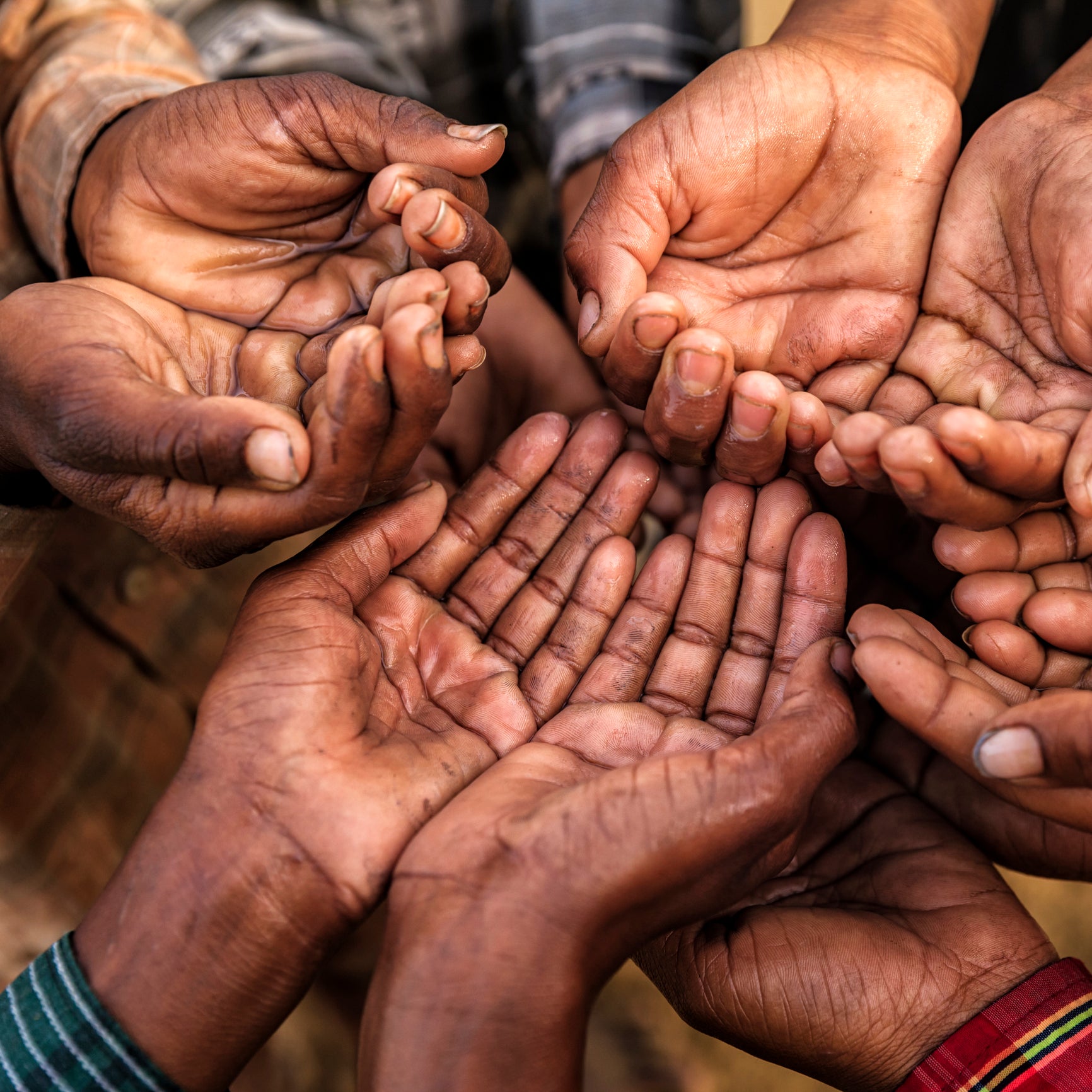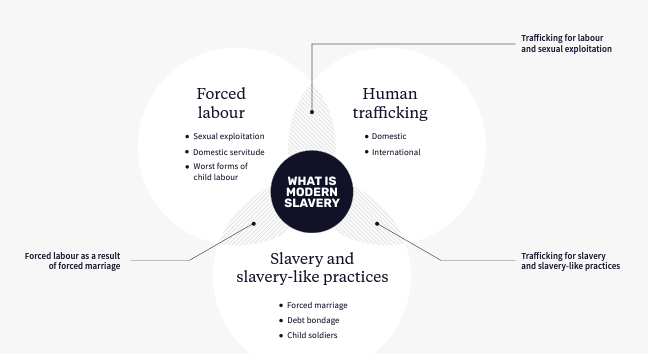
The Global Slavery Index’s fifth edition, published by the international human rights group, explains that the products we buy connect us to modern slavery. As per data, the UK alone imports a total of $26.1bn in at-risk goods, with textiles and garments making up the top five goods.
The Index reports that at-risk garments imported into the G20 are manufactured in Argentina, Bangladesh, Brazil, China, India, Malaysia and Vietnam.
Modern Slavery – a growing global problem

Reportedly, out of an estimated 50 million people living in modern slavery, 28 million were “tricked, coerced, or forced into exploitative situations” as part of forced labour.
Walk Free states this worsening situation has occurred against a backdrop of increasing and more complex issues like:
- armed conflicts
- widespread environmental degradation
- assaults on democracy in many countries
- global rollback of women’s rights
- economic and social impacts of the covid-19 pandemic
These factors, as the Internation human rights organisation points out, have caused significant disruption to employment and education, leading to increases in extreme poverty and forced and unsafe migration, which together heightened the risk of all forms of modern slavery.
Modern slavery’s connection with the production and movement of goods
The organisation highlights that forced labour is deeply connected to demand from higher-income countries. The production and movement of goods between countries – from the sourcing of raw materials to manufacturing, packaging, and transportation – creates complex and opaque supply chains, many of them tainted with forced labour.
GSI data states G20 nations account for more than 75% of the world’s trade and collectively import $468bn worth of at-risk goods per annum.
Recommendations to governments
- Governments and the international community must recognise and respond to modern slavery as an intersectional issue by embedding modern slavery responses in humanitarian responses.
- Governments must focus on prevention and protection for those already vulnerable like those on the move by repealing hostile migration policies that place national security above human rights.
- Governments must implement stronger measures to combat forced labour in public and private supply chains. This can be done through the introduction of mandatory human rights due diligence to stop governments and businesses from sourcing goods and services linked to modern slavery.
- Governments and businesses must prioritise human rights when engaging with repressive regimes, where links to state-imposed forced labour are identified, and operation in line with UN Guiding Principles has become impossible, withdraw from sourcing goods and services.
Walk Free said this comprehensive data set on modern slavery is used by the organisation to mobilise powerful forces for change against human rights abuses.
The organisation continued: “We work with governments and regulators, businesses and investors, and faith and community leaders to drive systems change. We partner directly with frontline organisations to impact the lives of those vulnerable to modern slavery. We work with survivors to build the movement to end modern slavery, recognising that lived experience is expertise and they are central to identifying lasting solutions.”
However, the report also states that some of the strongest responses to modern slavery were found in the UK Government, followed by Australia and the Netherlands.
These global estimates of modern slavery produced by the International Labour Organisation (ILO), Walk Free, and the International Organisation for Migration (IOM), form the starting point for the national estimates of modern slavery for 160 countries, which can be found in Walk Free’s GSI report here.



